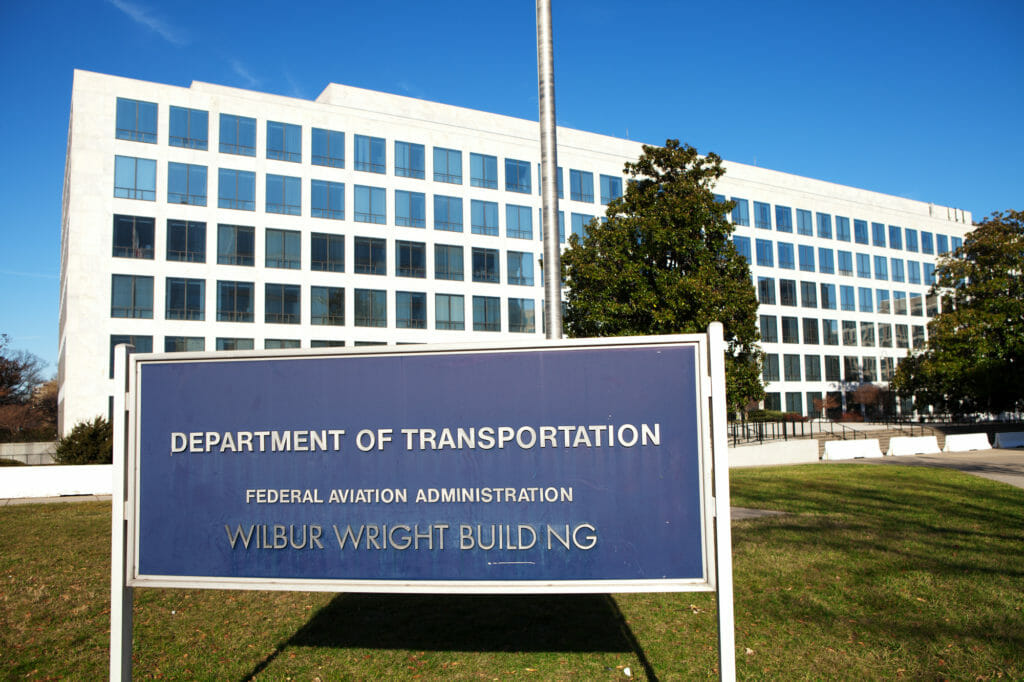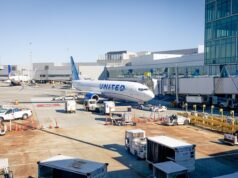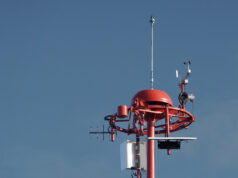
Last year the FAA instituted a new compliance philosophy to its enforcement action protocol. Some have called it a “kinder, gentler FAA” but the agency doesn’t like that term. The new philosophy is actually a return to the good ol’ days when the FAA would seek a correction, rather than punishment for unintentional deviations of FAA Rules. FAA Order 8900.1 calls for inspectors to utilize a “Compliance Action” as a method to correct unintentional deviations or noncompliance that arise from factors such as flawed procedures, simple mistakes or lack of understanding.
So, what is a “compliance action?” In simple terms, it is a tool that allows safety inspectors to use counseling, remedial training or any other method that would correct the noncompliance and address the underlying safety concerns, and avoid the more formal legal enforcement action. In other words, correction over punishment. In doing so, the Safety Inspectors can use their resources to make flying safer. Consider the pilot who unintentionally violates a minor regulation and receives a suspension. When that pilot returns to the air, he/she is now a rusty pilot with skills that have not been exercised during the time of the suspension — hardly a way to make the flying environment safer. And, here’s the best part; a compliance action is not a recordable conviction nor a finding of fault. The FAA however, does keep a record of the compliance action finding.
One of the most often asked questions by airmen concerns the use of the Aviation Safety Reporting System, often called the NASA Form. That program allows for protection from sanctions on non-intentional violations. If this is not a conviction, does it have any effect on my filing the report to NASA? The answer is no. Since there is no finding of fault in a compliance action, the once in five-year sanction protection of the ASRS is not affected. Therefore, the certificate holder should continue to file NASA forms as needed. Hopefully that won’t be too often.
 The certificate holder receives a call or letter from the FAA. Since compliance requires a “cooperative attitude,” should the first call be to legal counsel to “lawyer up,” or to the FAA Inspector to show a proper cooperative attitude? Under this new philosophy, the certificate holder should still take the same precautions they would when faced with any legal situation. While the FAA Inspectors are directed to determine if the airman is proactive and cooperative, they are instructed that consulting with an aviation attorney is specifically not a negative reference to being cooperative. The inspector is likely to send the certificate holder a list of questions in the course of conducting the investigation. Before completing the question sheet, legal counsel is a must.
The certificate holder receives a call or letter from the FAA. Since compliance requires a “cooperative attitude,” should the first call be to legal counsel to “lawyer up,” or to the FAA Inspector to show a proper cooperative attitude? Under this new philosophy, the certificate holder should still take the same precautions they would when faced with any legal situation. While the FAA Inspectors are directed to determine if the airman is proactive and cooperative, they are instructed that consulting with an aviation attorney is specifically not a negative reference to being cooperative. The inspector is likely to send the certificate holder a list of questions in the course of conducting the investigation. Before completing the question sheet, legal counsel is a must.
The FAA has prepared a Compliance Philosophy brochure, which is available on their web site at FAA.gov, and includes an entire section on “Working Together.” We prefer to work with you to correctly identify the root cause of a deviation. This is often the way individual inspectors would have worked in the past. Now however, the policy has been made official and is nationwide.
Another way to show a proactive and cooperative attitude is to seek training on the very issue that caused the alleged violation, before being asked. A recent client rolled his aircraft off the far end of a runway while landing. There was no damage to the aircraft nor injury to anyone on board, but the FAA inspector was on the field at the time. By showing the inspector that he immediately sought a check out with his own instructor specifically on short field landings, the inspector was given the proof he needed of cooperation and compliance, and the issue was without any formal action. This type of proactivity is always useful in defending any accusation of pilot error and is also great for putting your own mind to rest.
I recently attended a meeting of aviation attorneys from the Lawyer Pilot Bar Association conference in San Diego, California where this new philosophy was a popular topic of discussion. Many of us were able to compare notes on how this effort is working throughout the country. Not surprisingly, many of my colleagues agreed; the efforts of the FAA in this regard, are worthy and working. Making the airways a safer place is supposed to be what it is all about.
Blue Skies!























































































































